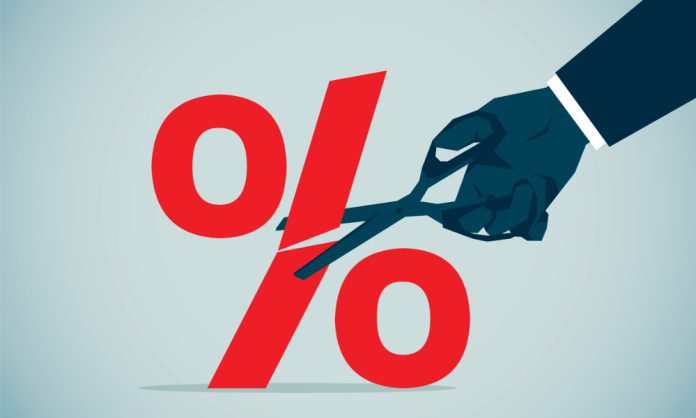Official figures from the Office for National Statistics (ONS) indicate a slight easing in the pace of wage growth in the UK, despite a resilient labor market in the face of an economic slowdown. Average wages excluding bonuses were reported to be 7.7% higher than the previous year in the three months to September, down from the revised 7.9% registered the previous month. Adjusted for inflation, wages were still rising by 1%, marking the highest rate of real wage growth in two years. Economists view this as a sign that wage growth is slowing, increasing the likelihood of an earlier-than-expected interest rate cut by the Bank of England in the next year.
The decrease in the headline wage figure is seen as positive by rate-setters who view high pay growth as a potential inflationary threat. The Bank of England has refrained from further interest rate hikes since September, as evidence suggests that previous hikes are having the desired effect in curbing inflation. However, the employment data is complicated by challenges in data collection, as falling response volumes have affected the accuracy of estimates. The ONS is implementing measures to improve participation rates in its Labour Force Survey.
The decline in the wage figure is attributed to one-off payments to NHS staff in June falling out of the calculations. Despite the decrease to 7.7%, wages remain above the rate of inflation, which is expected to fall when figures for the year to October are released. Economists predict a decline in the consumer prices index (CPI) measure from the current 6.7% to 4.8%. Analysts, such as Samuel Tombs, chief UK economist at Pantheon Macroeconomics, suggest that much slower wage growth increases the chances of a rate cut in the first half of 2024.
The broader ONS figures reveal that the UK’s unemployment rate remains static at 4.2%, despite economic challenges. The Bank’s actions to raise borrowing costs have influenced the stalling economy. The number of job vacancies has decreased for the 16th consecutive month, though still remaining above pre-pandemic levels. Chancellor of the Exchequer, Jeremy Hunt, expressed optimism, stating that falling inflation and growing real wages are positive indicators. He plans to outline further labor market reforms and growth strategies in the upcoming Autumn Statement.















